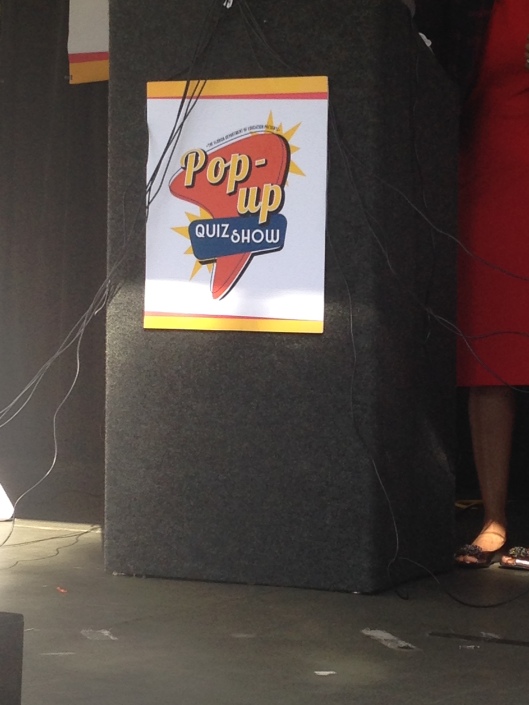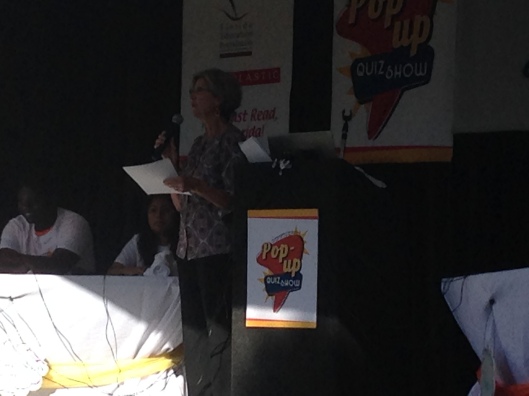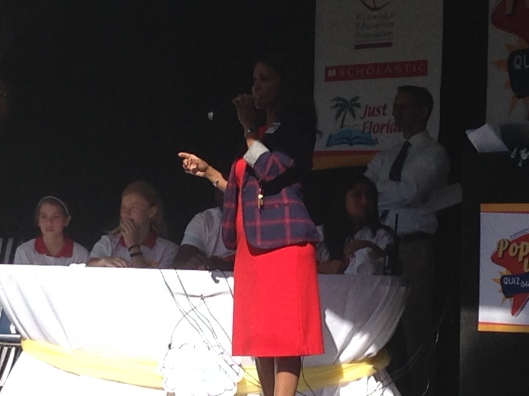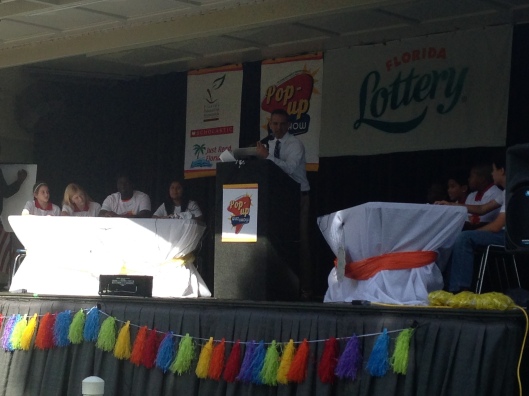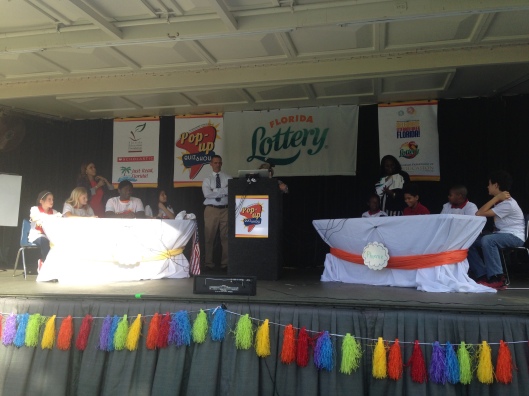It is no secret that Friedrich Nietzsche wrote a lot of problematic things about women.
Of course, he is hardly alone in this, but Nietzsche’s pointed and ironic style make many of his comments particularly brutal. He plays into many typical tropes about women:
“Women are all skilful in exaggerating their weaknesses, indeed they are inventive in weaknesses, so as to seem quite fragile ornaments to which even a grain of dust does harm,” Nietzsche writes in The Gay Science. Women are manipulative, dangerous creatures who only feign weakness in order to beguile man and “defend themselves against the strong and the ‘law of the jungle.'”
And, of course, women are not capable of real connection with others; they are shallow creatures. “Woman’s love involves injustice and blindness against everything that she does not love…Woman is not yet capable of friendship: women are still cats and birds. Or at best cows…,” he writes in Thus Spoke Zarathustra. Or, if you prefer: “Everything in woman is a riddle, and everything in woman has one solution—that is pregnancy. For the woman, the man is a means: the end is always the child.”
Thanks, Nietzsche.
Yet, none of this is a reason to throw out all of Nietzsche – he does make some more meaningful arguments – and some feminist scholars have even embraced his works.
In the collection of essays, Feminist Interpretations of Friedrich Nietzsche, Kelly Oliver and Marilyn Pearsall explain why a feminist would read Nietzsche in the first place:
How do feminist reconcile his apparent woman-hating aphorisms with the plethora of female figurations that ‘haunt’ his writings? Far from evading and ignoring femininity and maternity, as other canonical philosophers do, Nietzsche seems compelled to speak of them. His texts abound with references to women and the feminine, and specifically to feminists themselves. He continually deploys women as a trope – for life, for art, and for truth.
This argument is somewhat problematic in its own right: feminists should study Nietzsche because while other philosophers show their misogyny by ignoring women, Nietzsche at least has the decency to display his misogyny directly. But, it’s not quite as simple as that.
Oliver and Pearsall go on to describe the two approaches feminists take to reconciling with Nietzsche. The first approach, which seems to me to be the most pervasive, is to generally write Nietzsche off as the terrible misogynist he portrays himself to be. A feminist philosopher might still salvage some worthwhile remarks from other portions of his works, but these readings all must start with outrage over his “privileging of masculinity and denigrating of femininity.”
The other approach – which I find myself drawn to – is to consider Nietzsche’s comments with irony as part of his esoteric approach. These feminist philosophers “view his sexual dualism with the context of Nietzsche’s anti-essentialism and anti-dualism. They cite his ironic treatment of an ‘eternal feminine’ or essential woman. They see his perspectivism as questioning the fixity of sexual difference in favor of social constructionism.”
At worst, this approach finds Nietzsche, as Maudemarie Clark argues, caught in a contrast between his philosophical beliefs and his own misogynistic sentiments.
At best, this approach credits Nietzsche with – rather than expressing his own misogynistic beliefs – exposing the misogynistic beliefs of society.
That last reading is perhaps too kind, but I find myself intrigued by the idea nonetheless.
When Nietzsche writes about women, I rarely read him has writing about women. From his work, I’m not sure he has every actually met a woman – rather it seems as though he looked the term up in a dictionary and found a social construct that would serve as a perfect foil for his ubermench.
Did Nietzsche really think such terrible things about women? Perhaps, though as feminist philosophers have noted many of his comments are dissonant with his deeper beliefs. But, one thing I am confident of is that Nietzsche did not invent these images of women.
He writes about women as beguiling, as shallow and manipulative, as weak but somehow strong in their weakness. These are tropes that have been oppressing women for centuries. Nietzsche’s writings bring them to light – and, as modern reader – seem to mock them.
Nietzsche writes like a little boy having a tantrum. But beneath all the pomp and circumstance, beneath his exhausted peacocking, Nietzsche strikes me as deeply ironic in all that he writes.
Words have the power to create, not simply reflect, Nietzsche argues, but his words create a dark reflection of society’s misogyny indeed.






